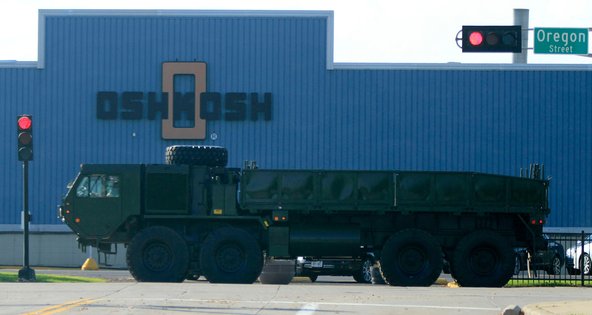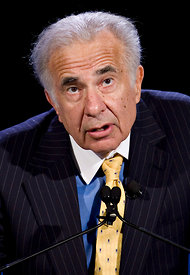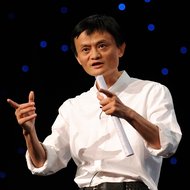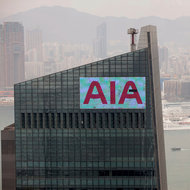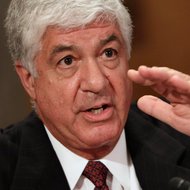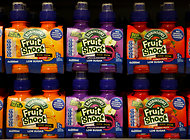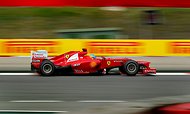Yet Verizon shareholders seem to have taken the price in stride, even though it is $30 billion more than was rumored just a few months ago. Verizon shares are about the same as they were before rumors of the deal surfaced last week, even though the share price of the acquiring company usually drops. But consider the math: if 45 percent of Verizon Wireless is really worth $130 billion, then Verizon’s 55 percent stake alone should be worth $159 billion. Yet the enterprise value of all of Verizon, including its debt, was $176 billion this week.
That suggests Verizon is overpaying. And the staggering price also raises other questions: Why did Verizon wait so long to buy the rest of the wireless company? Why now? And why did it ever put its crown jewel, wireless assets, into a joint venture to begin with?
“I was advocating that we buy out Vodafone from Day 1,” Dennis Strigl, the former chief executive of Verizon Wireless, told me this week. “The whole issue for us was there was never a better time to buy than the year before. We just kept building more value and, therefore, a higher price. I wish we’d bought it in 2001.”
And Verizon could have bought it for even cheaper in 1999, when Vodafone outbid Bell Atlantic for AirTouch Communications, the company that provided the assets for Vodafone’s stake in Verizon Wireless. AirTouch would have given Bell Atlantic, which later emerged as Verizon Communications, a nationwide cellular footprint to compete with ATT, since Bell Atlantic at the time served New York and much of the East Coast, and AirTouch covered California and the West. (AirTouch itself resulted from a combination of the wireless assets of the former Bell operating companies Pacific Telesis and US West.)
According to Mr. Strigl, Verizon’s strategy was always to create a coast-to-coast network. To compete with ATT’s then-popular nationwide calling plan, Verizon started paying its customers’ roaming charges in areas where it did not offer service. “That wasn’t sustainable,” Mr. Strigl said.
But Bell Atlantic dropped out of the AirTouch bidding at $45 billion — $85 billion less than it is now paying just for AirTouch’s former cellular assets in the United States. (Air Touch also owned extensive international assets that were not part of the Verizon Wireless venture.) Vodafone, based in Britain, snagged the company for $62 billion, in what will now be seen as one of the best deals ever.
Of course, it is easy to say with the benefit of hindsight that Verizon missed the opportunity of a lifetime when it let AirTouch slip from its grasp. In 1999, the year of that deal, cellular service was erratic, cellphones were clumsy and mostly limited to voice calls, and customers were coping with roaming charges by turning off their phones except when making calls.
Vodafone’s chief executive then, Christopher Gent, now looks like a visionary. But he was criticized at the time for overpaying for AirTouch (and other acquisitions that transformed Vodafone into a global giant) and was excoriated in the British news media in 2003 for his £10.4 million pension. (Mr. Gent is now chairman of the pharmaceutical giant GlaxoSmithKline and a senior adviser at Bain Company.)
According to an investment banker working on the deal at the time (who did not want to be named because he is involved in the current deal as well), Verizon may have underestimated Vodafone’s determination to hold on to the wireless assets because it thought Vodafone was mostly interested in AirTouch’s international assets. “We did bid, but they didn’t want to sell,” Mr. Strigl said. “At least, they didn’t want to sell except at a very high price.”

Article source: http://www.nytimes.com/2013/09/07/business/waiting-to-woo-vodafone-and-paying-the-price.html?partner=rss&emc=rss

